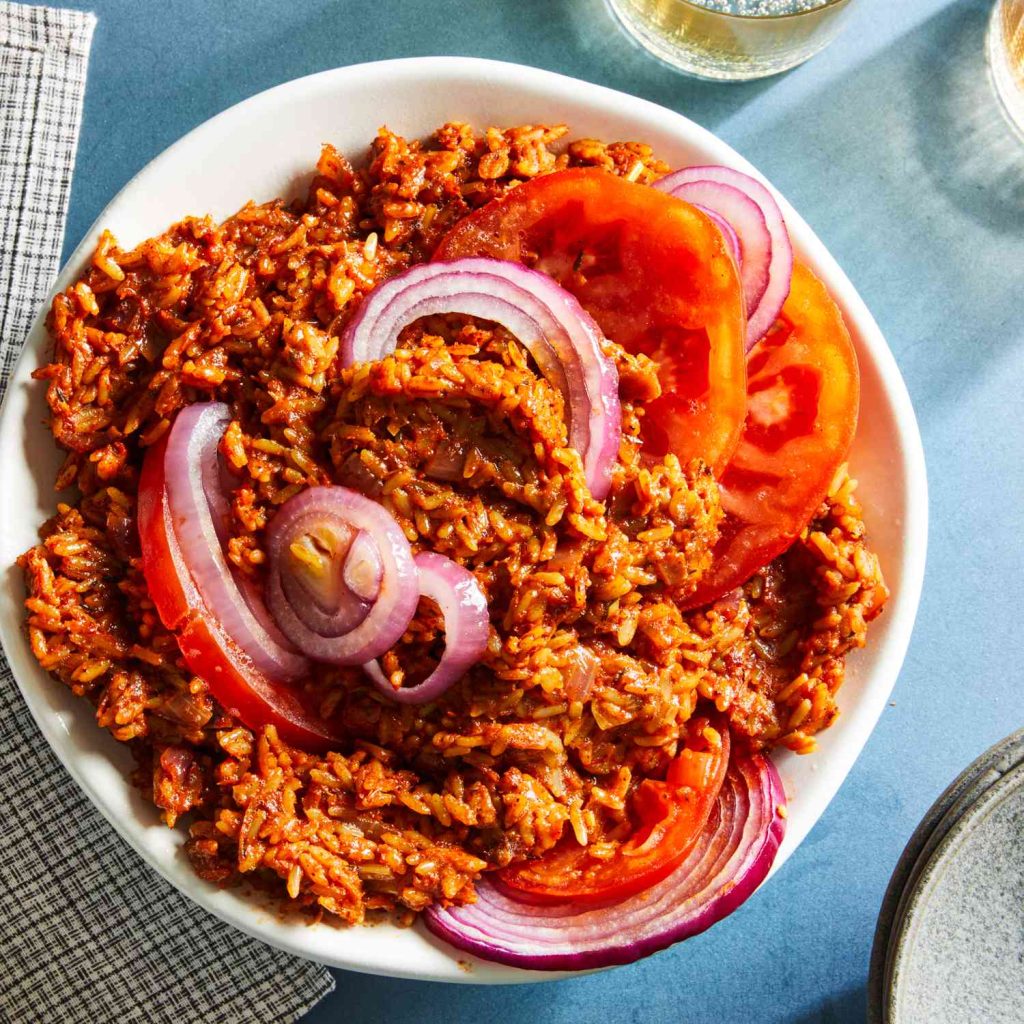As the second quarter of 2024 ends, Nigeria and Ghana continue to face severe food crises, with little improvement in food security. Nigeria’s food inflation remains alarmingly high, increasing from 40.53% in April to 40.87% in June.
While month-on-month inflation has slowed, food prices continue to rise, severely affecting households. Acute malnutrition is worsening, with Médecins Sans Frontières (MSF) reporting 1,250 severely malnourished children admitted to their Maiduguri feeding centre in April, double the number from the previous year.
The Food and Agricultural Organisation (FAO) projects that acute hunger in Nigeria will rise from 18.6 million in late 2023 to 26.5 million during the June-August 2024 lean season, exacerbated by conflict, inflation, and climate impacts, particularly in northeastern states like Borno, Adamawa, and Yobe, where 4.4 million people face severe food insecurity.
In contrast, Ghana has seen a slight improvement, with food inflation decreasing from 26.8% in April to 24% in June. Despite this, approximately two million people in Ghana remain food insecure, with 657,000 children under five chronically malnourished.

The World Food Programme (WFP) is actively working in both countries to provide food assistance and improve long-term food security. In Nigeria, the WFP aids around 1.1 million vulnerable people monthly, focusing on food assistance, nutrition support, and resilience-building. In Ghana, the WFP collaborates with the government and partners to address emergencies and build sustainable food security, though the outcomes of these interventions are yet to be fully realised.
The SBM Intelligence’s Jollof Index tracks price changes, revealing a significant increase in the cost of preparing a pot of jollof rice in Nigeria. The national average rose from N16,955 in March to N20,274 in June, driven by substantial price hikes in tomatoes and peppers.
This surge is attributed to seasonal changes, pest infestations, and disruptions in the supply chain. Additionally, ongoing foreign exchange difficulties and rising transportation costs have further exacerbated the situation, leading to increased social unrest and protests against the high cost of food.


